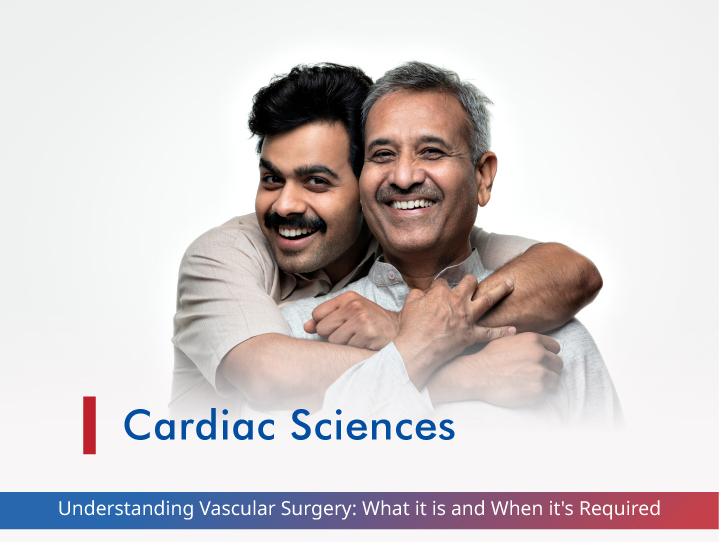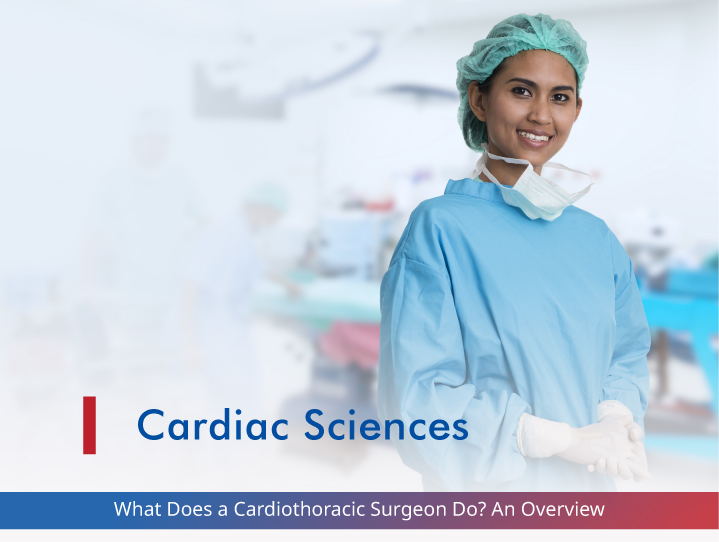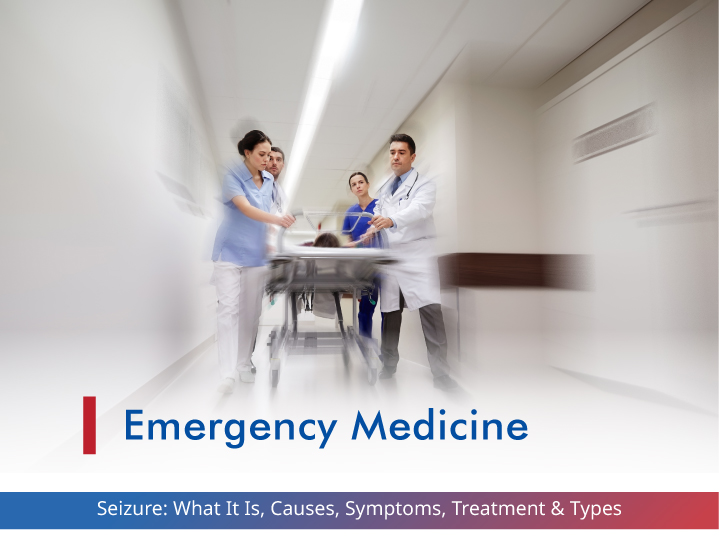Overview
SPARSH Hospitals is a multi-specialty hospital with a 1200 bedded facility offering truly hallmark care for patients with various diseases. Transplant division of SPARSH is a separate entity that handles with the most critical aspect of organ transplant for patients with various end stage organ diseases like heart, lung, kidney, liver among others.
Heart Failure program
Heart is a muscular organ situated in the chest cavity and pumps blood to the entire body throughout our life. It works non-stop and pumps about 7500 liters of blood in a day.
Heart attacks, uncontrolled high blood pressure, diabetes, valve diseases, viral fevers, genetic diseases, congenital heart diseases can cause weakness of the heart muscle thereby resulting in condition known as heart failure. Heart failure happens when heart muscle struggles to maintain a pumping that is needed for the normal activity of the human body. Patients experience various symptoms secondary to this.
Symptoms of Heart Failure include:
- Shortness of breath
- Undue Fatigue
- Swelling of legs
- Lightheadedness
- Chest pain
Advanced Heart Failure
Patients with heart failure respond to medications initially. With time, the response to medications may wean off, they develop more symptoms even at rest or very minimal activity. They are at risk of developing other end organ dysfunctions like kidney damage. This is the stage of advanced heart failure.
Treatment options for Advanced Heart failure
When the heart has failed to a point that it can’t maintain the person’s blood pressure/perfusion to the body, various treatment options are available. These include mechanical circulatory support (MCS) and heart transplant.
Mechanical circulatory support
Devices are available to improve the patients heart failure. These include IABP, ECMO, Impella, durable LVAD`s. Of these IABP, ECMO and Impella devices are for temporary measures used as a bridge until the patient recovers from heart failure or are used until the patient receives a Heart transplant or a durable LVAD.
Durable LVAD`s like Heartmate device on the other hand can be used an alternative permanent measure who are not candidates for heart transplant or even as a measure till the patient gets a transplant.
IABP, ECMO and Impella devices are done mostly percutaneously and can support the patients from few weeks to months till recovery.
Durable LVAD procedure is an open surgical procedure and is every effective way of getting back the patient on track to recovery.
Heart Transplant
This is the option now available for patients whose heart is damaged/failed beyond any chance of recovery and patient is symptomatic with marked limitation of his functional capacity and experiencing a poor quality of life because of this.
It is a very viable option for such patients and is being increasing used successfully across the globe. With a 1-year survival of up to 90% and a median survival of more than 10 years it is often underutilized in our country. Patients bounce back to their routine active life and lead a normal life post-transplant. Survival of advanced heart failure patients with only medical treatment is bleak with a 1-year survival of only 10%. Hence heart transplant is a very crucial and viable option for patients with end stage heart failure.







